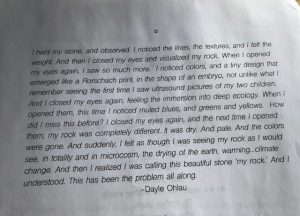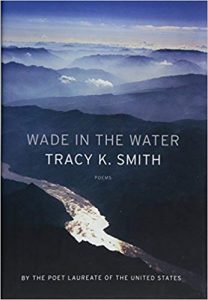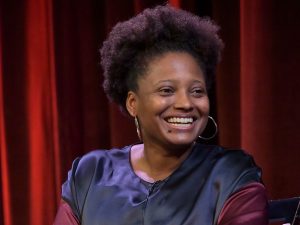‘…feelings that defy language.’
‘If a man has to be pleasing to me, conforming, reassuring, before I can love him, then I cannot truly love him. Not that love cannot console or reassure! But if I demand first to be reassured, I will never dare to begin loving. If a man has to be a Jew or a Christian before I can love him, then I cannot love him. If he has to be black or white before I can love him, then I cannot love him. If he has to belong to my political party or social group before I can love him, if he has to wear any kind of uniform, then my love is no longer love because it is not free: it is dictated by something outside itself. It is dominated by an appetite other than love. I love not the person but his classification, and in that event I love him not as a person but as a thing. In this way I remain at the mercy of forces outside myself, and those who seem to me to be neighbors are indeed strangers; for I am, first of all, a stranger to myself.’
-Thomas Merton, Seasons of Celebration, 1965
Pulitzer Prize-winning poet Tracy K. Smith on the purpose and power of poetry
The two-time American poet laureate joins The Ezra Klein Show for a powerful conversation on love, language, and more.
Ezra Klein:
‘It’s the rare podcast conversation on The Ezra Klein Show where, as it’s happening, I’m making notes to go back and listen again so I can fully absorb what I heard. But this is that kind of episode.
Tracy K. Smith is the chair of the Lewis Center for the Arts at Princeton and a Pulitzer Prize-winning poet, and was the two-time poet laureate of the United States from 2017 to 2019. But I’ll be honest: she was an intimidating interview for me. I often find myself frustrated by poetry, yearning for it to simply tell me what it wants to say, aggravated that I can’t seem to crack its code.
Preparing for this conversation, and even more so, talking to Smith, was a revelation. Poetry, she argues, is about expressing “the feelings that defy language.” The struggle is part of the point: you’re going where language stumbles, where literalism fails. Developing a comfort and ease in those spaces isn’t something we’re taught to do, but it’s something we need to do. And so, on one level, this conversation is simply about poetry: what it is, what it does, how to read it.
But on another level, this conversation is also about the ideas and tensions that Smith uses poetry to capture: what it means to be a descendent of slaves, a human in love, a nation divided. Laced through our conversation is readings of poems from her most recent book Wade in the Water, and discussions of some of the hardest questions in the American, and even human, canon. Hearing Smith read her erasure poem, “Declaration” is, without doubt, one of the most powerful moments I’ve had on the podcast.
There is more to this conversation than I can capture here, but to say it simply: this isn’t one to miss, and that’s particularly true if, like me, poetry intimidates you.’
❀
I want to utter you. I want to portray you
not with lapis or gold, but with colors made of apple bark.
There is no image I could invent
that your presence would not eclipse.
-Rilke



Leave a Reply